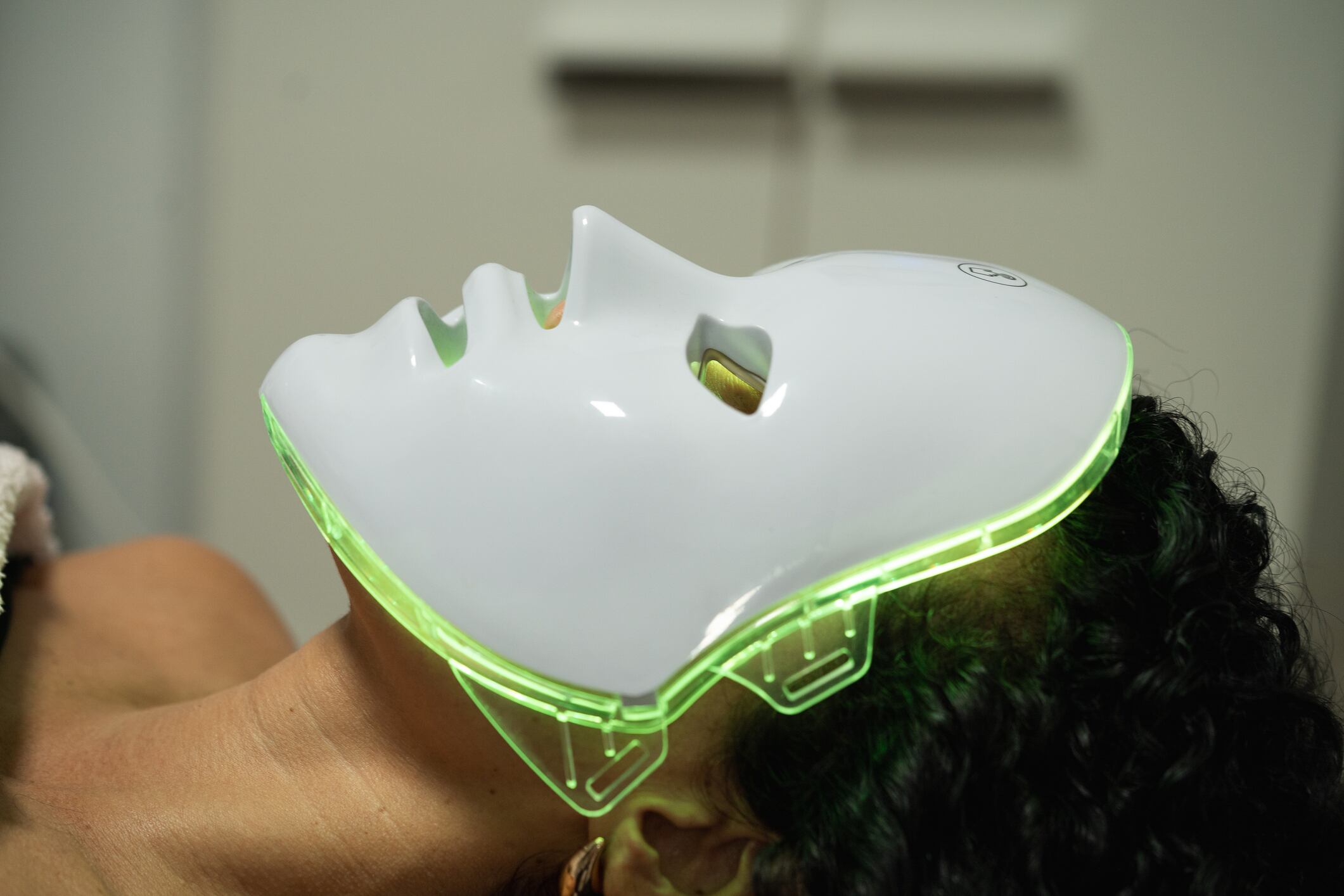Key takeaways
- ASA has ruled that LED masks making medical claims are breaching ad regulations.
- Unregulated devices are flooding the market, raising safety concerns.
- Experts advise checking for UKCA marks, MHRA compliance, and clinical validation.
- Misleading terms like “FDA-registered” do not guarantee safety or efficacy.
- Consumers should buy from reputable retailers to avoid counterfeit products.
In the UK, the Advertising Standards Authority (ASA) has recently issued a warning to LED mask manufacturers and retailers making medical claims about treating skin conditions such as acne and rosacea.
The ASA said it had identified these cases through its AI-powered Active Ad Monitoring system and has ruled these claims as ‘medicinal’, meaning they should not be made for unauthorised products.
Izzy Dharmasiri, Media Relations Officer at the ASA, commented: “When it comes to skincare and health treatments, it’s important that advertisers don’t blur the line between cosmetic benefits and medicinal claims. The ad rules are clear: products that claim to treat or prevent medical conditions must be licensed or registered with the Medicines and Healthcare products Regulatory Agency. Advertisers also need to have evidence to back up any claims they make in their ads.”
Some of the companies involved have now removed the adverts and updated websites to eliminate any medical claims to treat skin issues, but this move from the ASA serves as a warning to others who may be using medical-related claims for non-medical products.
Industry expert warns of risks from unregulated devices
Founder and CEO of iSMART, Sue D’Arcy, who has over 20 years’ experience developing cutting-edge LED technologies for brands such as Omnilux, Beauty Pie and The Light Salon, said she wasn’t surprised that the ASA had pushed back on companies making these claims for LED masks.
“This is exactly the kind of confusion we’ve been warning about for years,” says D’Arcy. “Unregulated, unverified LED masks are flooding the market, and consumers deserve clarity. Devices that claim to ‘treat’ medical conditions must meet strict regulatory and clinical standards – anything less is misleading and potentially unsafe.”
D’Arcy continued: “This latest ASA ruling is an important step towards greater accountability in our industry – and a reminder that safety and efficacy must always come before sales.”
How to identify safe, clinically validated LED masks
D’Arcy said reputable devices should carry a valid UKCA mark (in the UK where this ASA ruling was made) or equivalent in other markets and comply with MHRA guidance.
“Terms like ‘FDA-registered’ can also be misleading, as this only means the product is listed on the FDA database; it hasn’t been reviewed for safety or efficacy and is not necessarily ‘FDA-approved’,” D’Arcy continued.
For those wishing to purchase these devices, D’Arcy recommended that they look for clinical validation by seeking out published data supporting any skincare claims. She also advised steering clear of unknown online sellers, where counterfeit and unverified products are common. “Reputable retailers must ensure the devices meet legal standards and give consumers protection if anything goes wrong,” she explained.


